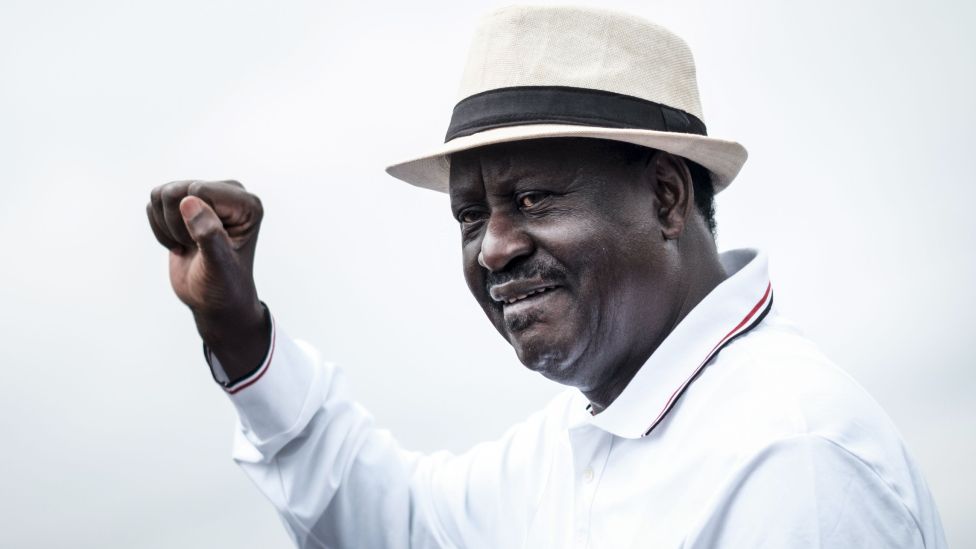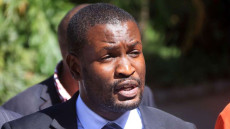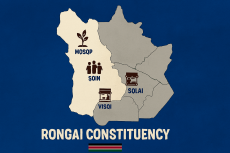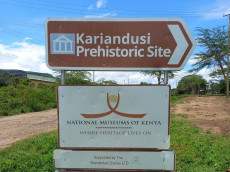- During a rally in Homabay, Raila made a statement that seemingly indicated his support for Kalonzo's presidency, leading people to believe he had shifted his allegiance.
After the highly contested 2022 elections, Kenyan politics witnessed a series of significant events. The Supreme Court ruled against Raila Odinga's petition seeking the nullification of the polls, declaring William Ruto as the legally elected president.
Ruto assumed the roles and powers of the presidency, leading to a shift in the political landscape. However, tensions between Ruto and Raila emerged, prompting Raila to rally support from the public and opposition leadership.
This resulted in a series of violent rallies demanding action from the government. Both leaders' subsequent developments and efforts have affected public perception and the political climate.
Raila called for meetings and held public rallies to demonstrate his support base to Ruto. Unfortunately, violence became a common occurrence during these rallies, leading to property damage and loss of life.
The international community and the incumbent government called for peace amidst the escalating situation. Raila presented demands to address the grievances behind the violent rallies, including reduced cost of living, severe transparency, and the reconstitution of the Independent Electoral and Boundaries Commission (IEBC).
Read More
However, these demands were met with further unrest and demonstrations, ultimately prolonging the resolution process.
President Ruto responded to the violent demonstrations by calling for an end to the unrest and initiating talks to address the grievances. This stance portrayed him as a peacemaker in the eyes of the people, contrasting with the perception of Raila as a leader who resorts to violence to achieve political objectives.
However, concerns arose regarding Ruto's handling of the rising cost of living, as his silence on the matter raised questions about his commitment to addressing pressing issues.
During a rally in Homabay, Raila made a statement that seemingly indicated his support for Kalonzo's presidency, leading people to believe he had shifted his allegiance.
However, he later clarified that his comments were meant to highlight Kalonzo's honesty, integrity, and faith qualities. This reversal of stance created dissatisfaction among the Kamba people, who felt deceived by Raila's words.
Raila's silence on critical issues and messaging inconsistencies have negatively impacted public perception.
As the 2027 elections approach, it becomes crucial for Raila to reconsider his strategy and address these concerns. Failure to do so may prolong the ongoing bilateral talks and raise questions about what he can offer in exchange for votes in the future.


-1770826318-md.jpg)



-1770803686-md.png)

-1770826318-sm.jpg)



-1770803686-sm.png)